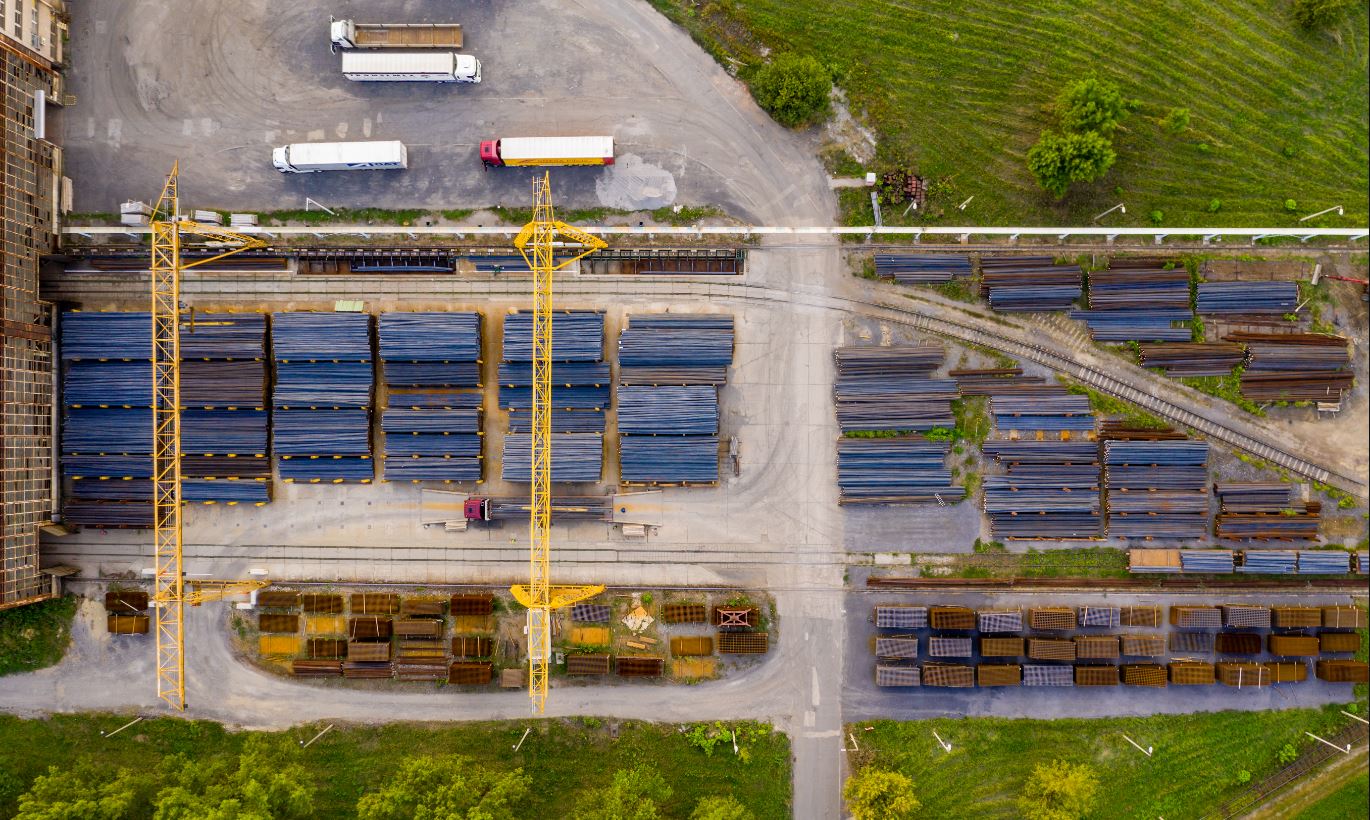It’s no secret that today’s generation demands more from employers than just a good salary and career opportunities. Having real social purpose, prioritizing wellbeing, and standing for something beyond maximizing shareholder value are now the very basics for attracting talent.
Multiple pieces of research have shown that climate is top of mind for today’s young talent when seeking an employer. In the UK, research from Bupa in 2021 found that 64% of surveyed 18-to-22-year-olds consider it important for employers to act on environmental issues, and 59% would remain longer with responsible employers. No surprise, as this socially conscious generation will bear the brunt of the effects of climate change, along with their future children.
To move the dial more quickly on climate change, we will need the world’s largest emitters to get to net-zero emissions faster. It’s easy to think that the climate crisis will be solved by a change in consumer habits: less flying, everyone carpooling in an EV, and following a more plant-based diet. But estimates suggest that around 50% of global emissions come from so-called “hard-to-abate” sectors such as cement, steel, oil and gas, and agriculture. To deliver net zero in these sectors, heavy emitters will have to do more than invest vast sums in technology to decarbonize their businesses.
Primarily, they will have to attract and invest in the talent that will help get them there.
But at the same time, these are the very industries that face the biggest reputational challenges as employers. Why would a climate-conscious individual with aspirations to work for an NGO or clean tech start-up want to join “the dark side?” How do you convince new talents with the skills needed to accelerate the climate transition that they can make more of an impact in tackling climate change by joining existing heavy industry?
At the core of this is the need for transparent and honest communications: being able to tell a story of a company needing to and – more importantly – wanting to decarbonize. With this in mind, we look at the guiding principles of how industrial companies can start to bridge the gap in perception.
Be transparent
This is not about greenwashing. It’s important to communicate clearly what a company’s ambitions are around sustainability and getting to net zero, what steps are being taken to get there, and how a business is holding itself accountable when targets are not met. The more clearly a company can communicate its sustainability goals, plans, and strategies, the more tangible those become for prospective talent, and the easier it is for them to picture career pathways that might be open to them.
Yes, many companies will endure criticism for their forthrightness. But many will view the transparency as a step-change in behavior.
Truth + action
The age-old PR principles of “tell the truth”, and “prove it with action" should never be underestimated. For a highly skeptical audience, being honest from the outset is key:
- This is not going to be easy.
- As an employer, we probably need you more than you need us.
- Only by being inside the tent can you really impact change.
Use your people
Behind the scenes, every organization has examples of a Gen Z employee making a difference and contributing to driving forward progress towards net zero. Yet so often their work and contributions are hidden from likeminded talents.
Finding and developing case studies of employees who decided to make the leap and are now in the thick of decarbonization strategy – and sharing their stories – is one of the primary channels for reaching a wide, skeptical audience.
Make it exciting
Technological innovation and digital skills will be at the heart of decarbonizing heavy industry. Yet digital talent is often completely unaware of the breadth of opportunities that an industry such as mining or energy can offer to someone with their skillset.
There is a need communicate the range of skills sought by these industries and the exciting projects on offer. Show how each employee can make a difference – and that there’s an opportunity to come in and immediately make your mark.
Attracting a new generation of climate-conscious talent will be a challenge on a huge scale. The reality is that the world needs the cooperation of major companies in hard-to-abate industries, both in order to reach net zero and in continuing to meet its needs for everything from fuel and energy to food and building materials.
At the same time, those companies need new generations of talented people who can work from within to drive change and solve one of the world’s most pressing problems. If these companies can successfully bridge the perception gap that currently exists, there are significant opportunities for all involved.


